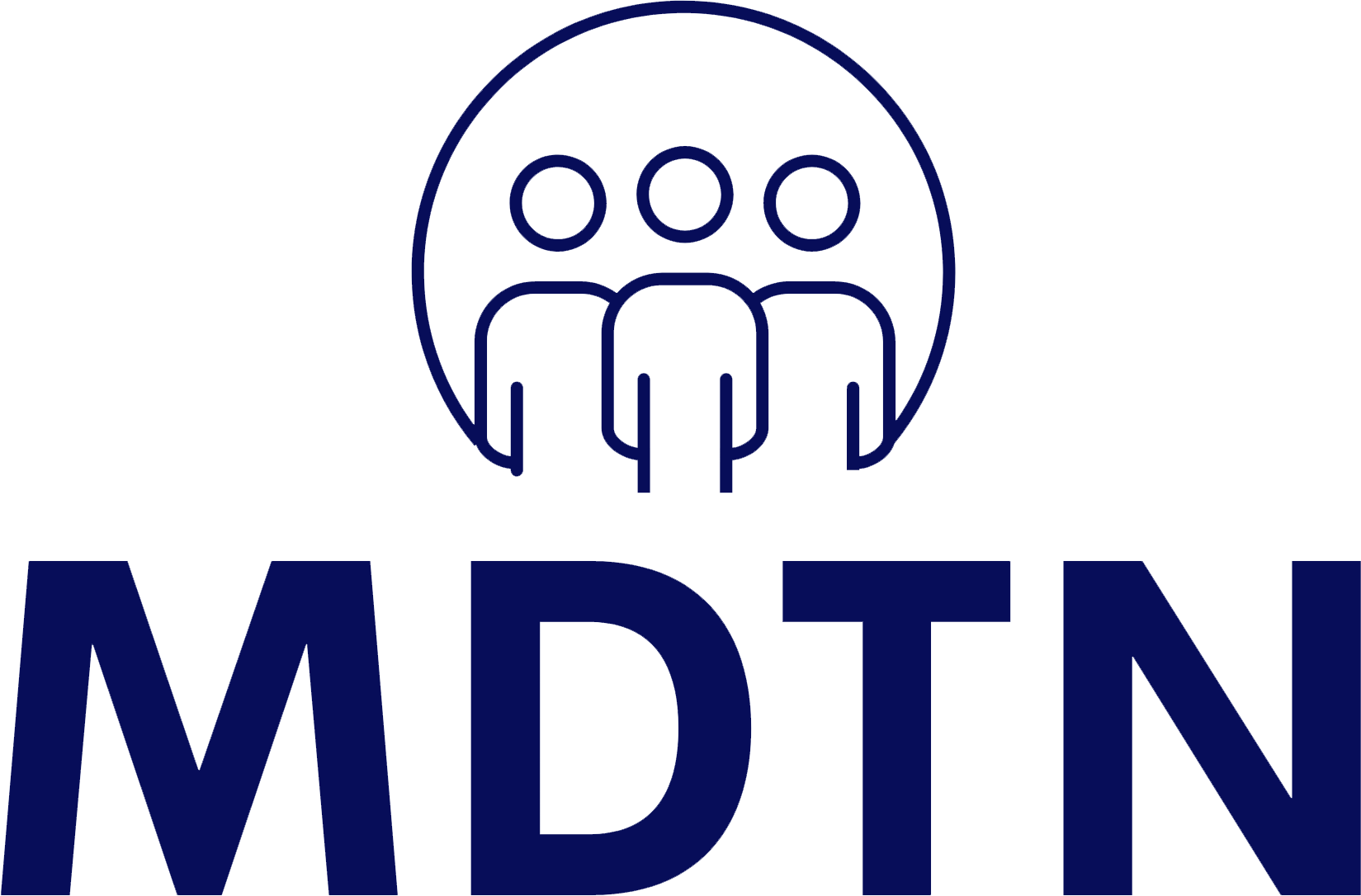What is mediation exactly?
Mediation is a form of alternative dispute resolution (ADR) in which a neutral third party, known as the mediator, helps parties involved in a dispute to reach a mutually acceptable resolution. The mediator facilitates communication and negotiation between the parties, guiding them through the process of identifying issues, exploring options, and ultimately finding common ground.
Mediation is used in personal or private disputes such as divorce or disagreements in a inheritance and also often used in a corporate or business dispute, for example labor disputes or disputes between companies.
The advantage of mediation is that parties remain in control of the process and the agreements made, unlike in litigation processess. When parties are in a situation where they will remain dealing with each other it is in everyones best interest to use the mediation process. Any agreements can be formalized in a (settlement) agreement.
How does mediation work?
We start with an introductory meeting. All parties must be confident on completing a successful process. I will go through the mediation agreement with you and I can answer any questions you have. We will not discuss the dispute in detail during this introductory meeting, however we will briefly discuss on the situation. If all parties agree we will make an appointment for the start of the mediation process.
We will delve deeper into the dispute in an average of 3 to 5 appointments of two hours each. I guide the conversation and ensure that you both have the opportunity to tell your story. Although the process is completely voluntary, I do ask of both parties to work constructively towards a solution.
We can document agreements that you make during the process in a (settlement) agreement, which will be signed by both parties. After the final appointment, in which we sign the agreement and conclude the mediation, both parties can continue satisfied with the resolution, whether or not you continue to deal with each other.
Important principles in mediation
Confidentiality
Mediation sessions are typically confidential. This means that discussions that take place during mediation cannot be used as evidence in legal proceedings. This confidentiality is intended to encourage open and honest communication.
Neutral/impartial
The mediator is an impartial and unbiased individual who does not take sides in the dispute. Their role is to assist the parties in reaching an agreement, not to make decisions for them.
Voluntary Participation
Mediation is a voluntary process, meaning that all parties involved must agree to participate. They can choose to end the mediation at any time if they feel it is not productive.
Why use mediation?
Mediation is often a faster and cheaper alternative than litigation with expensive lawyers. But much more important: mediation empowers parties involved to make their own decisions about the resolution of their dispute. The mediator facilitates the process but does not impose a solution. This focus on self-determination can lead to more sustainable and satisfactory outcomes.The agreements made are recorded and are binding.
Do you have a dispute that needs to be resolved and do you agree that mediation is the route to take? Please contact me.





